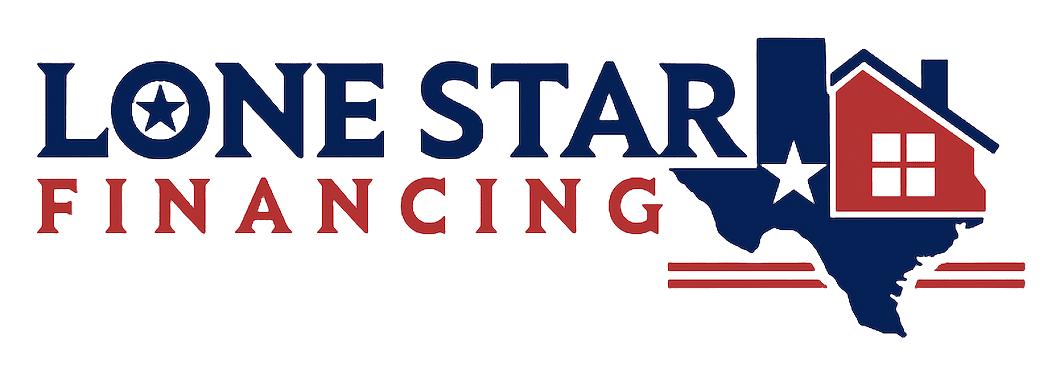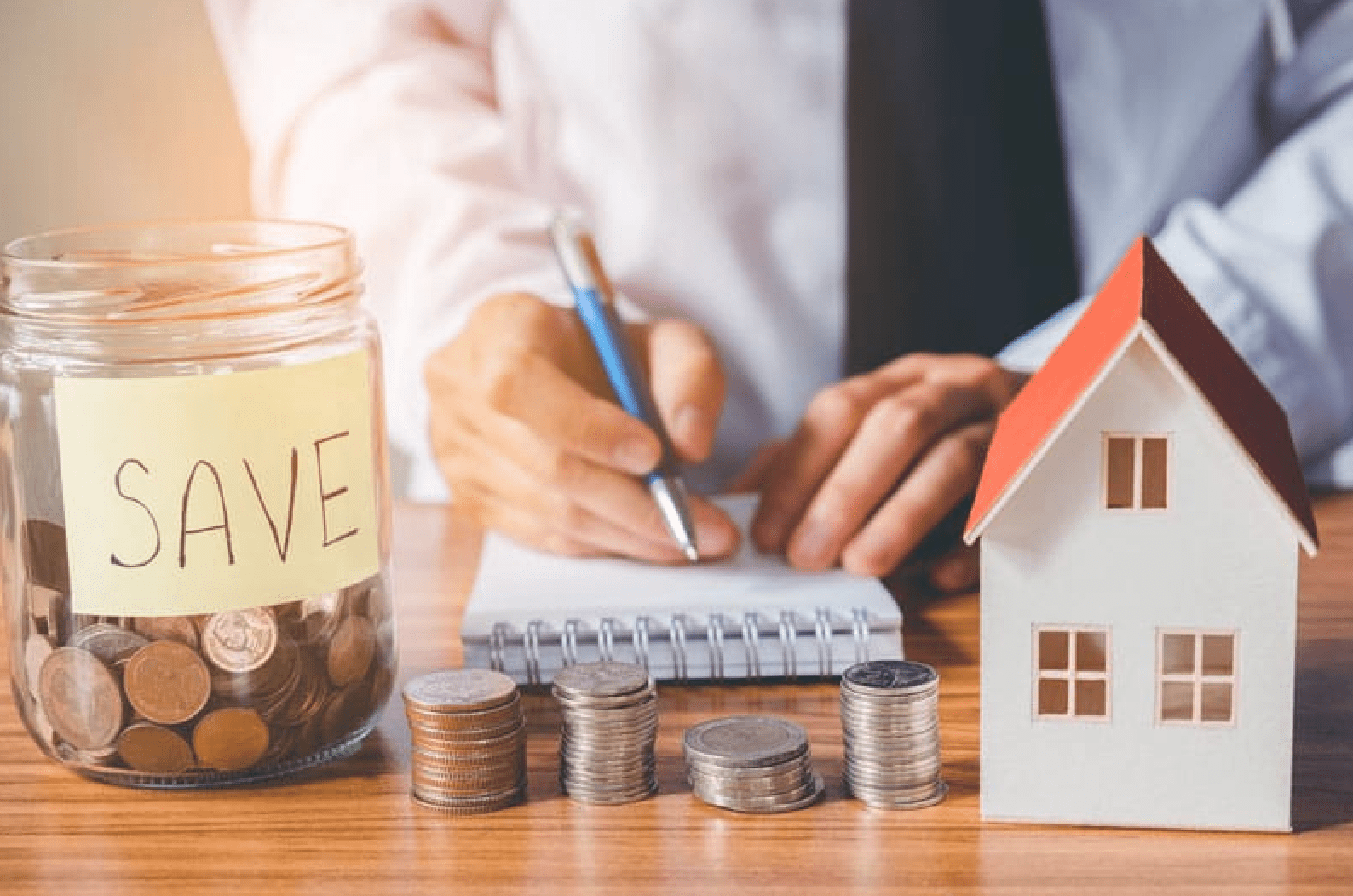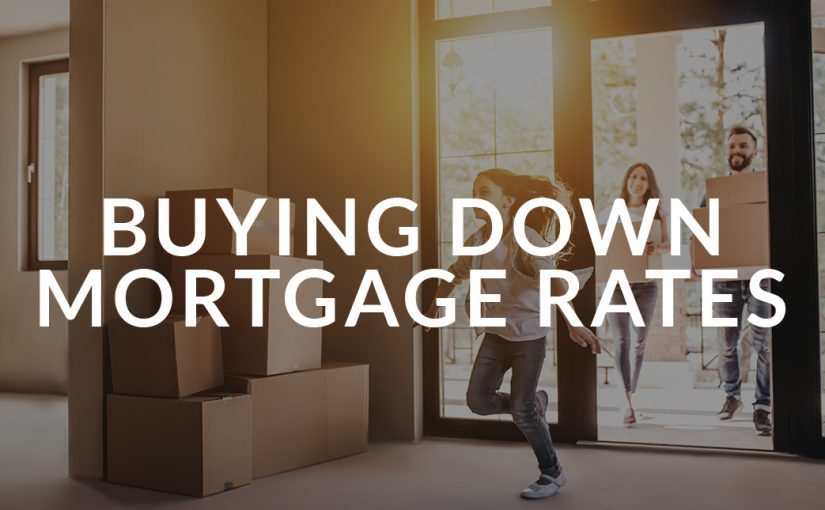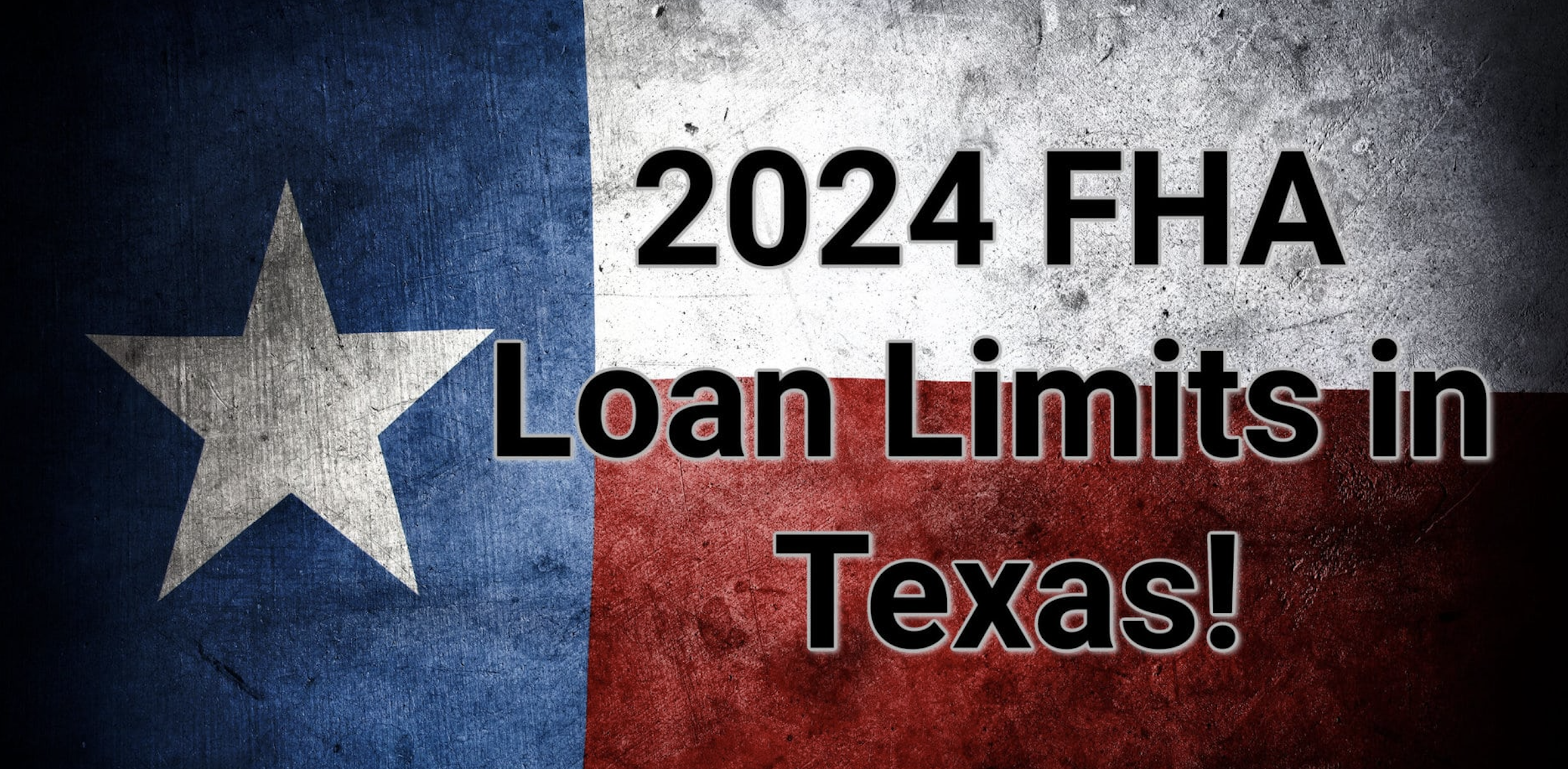There are certainly pros and cons of becoming a homeowner — and stumbling across just one dreamy listing of a home for sale with the perfect open-concept kitchen and fenced-in backyard can leave you thinking about little else. But then you realize you’d rather save your money for a dream vacation and said house doesn’t come with the amenities you love at your apartment, like an on-site gym, pool, and doggie day care.
Don’t make snap decisions and assume you need to buy a house. Here’s some truth talk: You might not be ready to buy. It’s a long-term commitment that requires strong financial standing, and in many ways it’s about more than just money.
You don’t make enough money
You might think you make enough money to buy a home, but you need to consider more than just your mortgage payment. You need both upfront and ongoing money. This includes having enough for the down payment and closing costs — and enough left over for an emergency fund. Your salary will need to be enough to pay for mortgage interest and principal, HOA fees, homeowners insurance, and taxes. These costs, according to many financial planners, should be less than 28% of your gross income.
You have to worry about maintenance, repairs, and other uncertain costs
When you rent a home, the payment tends to increase steadily over time, but this is the only uncertain cost you have to worry about. When you own a home, you have to do your own maintenance, or pay someone else to do it for you. You’ll have to cut your own grass, fix your own toilets, paint the outside of the house, etc. Plus, there are the big-ticket items that need to be replaced occasionally, like a new roof or HVAC system.
Your debt is too high
Let’s say you do make enough money to afford to buy a house and make your monthly mortgage payments. You also need to factor in any debt you might have. If all your credit cards are maxed out, you want to get those bills under control before considering homeownership. Lenders typically want your total debt, which includes your potential mortgage payment, to be less than 36% of your gross income.
You don’t have enough money in savings
If you’ve accumulated the funds for a down payment, congratulations! You’ve accomplished one of the more difficult steps, but unfortunately, you’re going to need more than that. If the home or property needs an emergency repair, do you have the cash on hand to cover the costs — or would this unexpected event send you into debt?
You should also consider those costs that aren’t necessarily unexpected, but which you might not have considered. You need money for closing costs and the first few months’ mortgage payments, applicable taxes, and closing costs. You’ll probably also want new furniture and perhaps some new decorations for your new home. As you can see, you don’t want to drain your savings on just the down payment.
You haven’t been on the job long enough
Most mortgage lenders like to see that you’ve been working the same job for at least two years. In fact, they calculate your average income based on your job history for the last 24 months. Being on the job that long shows a certain stability and changing jobs or having an income gap signals insecurity. For example, moving from salary to commission-based pay may cause your income to fluctuate and can add to uncertainty about your readiness to buy.
You have bad credit
A bad credit score indicates some sort of financial problem, such as skipping out on paying a bill or two, filing for bankruptcy, or carrying too much debt. Obtain and thoroughly examine your credit report before making a decision to buy. If your scores are low, mortgage lenders will have questions about payments, loans, or other debts and may make suggestions that could require time to resolve. If it’s going to take 6 – 12 months or longer to repair, then you are not ready to buy.
Having little or no credit history can also be problematic. Occasionally lenders will use other means to grant a loan — such as rental history, car insurance, utilities, monthly subscription services, and cell phones. Lenders want a pattern of good credit with those companies for 12 months or longer. But mortgages such as these are rare.
You’re unsure what type of home you want
You might have thought only about buying a single-family home, but you have more options than you might think. For example, you could purchase a duplex and help pay for that mortgage by earning some rent money: live on one side and rent out the other. A condo or townhome may have similar amenities to apartment living and make the transition easier.
You’re unsure of time commitment
Unless you know you will remain in the area for the next three to five years, you’re not ready to buy. If you buy a house and have to sell the next year, you’re likely to lose money because appreciation won’t catch up to the closing costs and expenses during that short time period. If your job security is unstable or you’re considering moving a few hours away to be closer to family, it’s wise to hold off on buying a home.
Lone Star Financing Can Help
At Lone Star Financing, we are a Texas-based mortgage company that can help you through every step of financing your new home. Fill out the quick contact form or call Lone Star Financing today at 1-800-960-4565 to speak with one of our Texas mortgage specialists and get a free good faith estimate.



